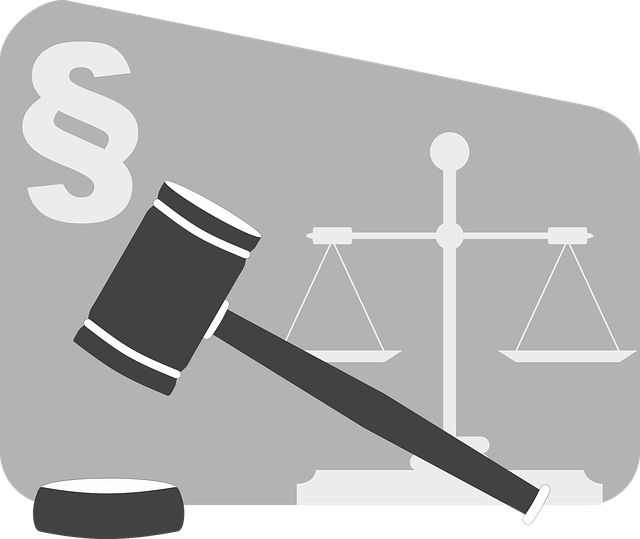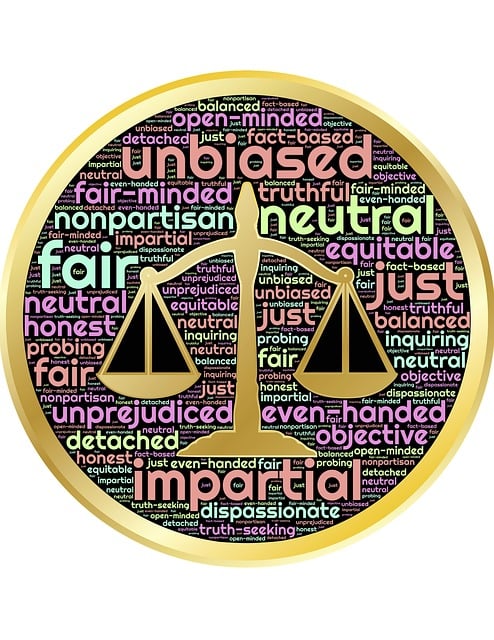Whistleblower Protection Lawsuits are essential for safeguarding individuals who expose illegal or unethical activities within organizations, facing potential retaliation. Understanding and navigating the appeals process, including how to file an appeal in a criminal case, is crucial for achieving justice. Specialized legal representation ensures whistleblowers' rights are protected during investigations and enforcement, leading to fair outcomes like reversed judgments, damages, or even criminal charges against employers. This not only benefits the individual whistleblower but also encourages transparency and accountability across sectors.
Whistleblower protection lawsuits are crucial for those who expose illegal activities within organizations, risking their careers and safety. This comprehensive guide navigates the complex world of whistleblower protections and provides essential insights into understanding legal rights, particularly when appealing a criminal case. From grasping the basics to mastering the appeals process, this article equips folks with knowledge on how to file an appeal effectively while safeguarding whistleblowers’ rights and resources.
- Understanding Whistleblower Protection Lawsuit Basics
- The Appeals Process: How to File in a Criminal Case
- Protecting Whistleblowers: Rights and Resources
Understanding Whistleblower Protection Lawsuit Basics

Whistleblower Protection Lawsuits are designed to safeguard individuals who expose illegal or unethical activities within their organizations. Understanding how to navigate this legal process is crucial, especially when facing potential retaliation. When a whistleblower believes they have been treated unfairly during an investigation or subsequent legal proceedings, appealing a decision can be a viable option.
Knowing the ins and outs of these cases, including the specific steps in how to file an appeal in a criminal case, is essential for achieving justice. Whistleblowers must stay informed about their rights and the all stages of the investigative and enforcement process. With an unprecedented track record of success, effective legal representation can help protect whistleblowers’ interests and ensure they receive the support needed throughout this challenging journey.
The Appeals Process: How to File in a Criminal Case

When a whistleblower files a lawsuit against their former employer for violating protection laws, the subsequent appeals process in a criminal case is a crucial step. To initiate an appeal, one must first file a notice of appeal within a specified timeframe, typically set at 14 days after the judgment or ruling. This prompt action is essential to ensuring that the case proceeds through all stages of the investigative and enforcement process.
The appeals court will then review the case, considering whether there were any errors in law or procedure. If successful, the whistleblower may achieve extraordinary results, such as overturning the original decision, securing compensatory damages, or even leading to criminal charges against the employer. Throughout this process, it’s vital to have experienced legal representation to navigate the complexities and advocate for the best outcome, especially for his clients who are seeking justice and protection under whistleblower laws.
Protecting Whistleblowers: Rights and Resources

Whistleblowers play a crucial role in exposing illegal activities within organizations, from fraud and corruption to endangering public health and safety. Protecting these individuals is essential to encourage them to come forward without fear of retaliation. In many jurisdictions, whistleblower protection laws offer various rights and resources to those who expose misconduct. These protections can include civil remedies, such as back wages and compensatory damages, for any adverse employment actions taken against them.
For those facing criminal charges related to their disclosures, understanding how to file an appeal is vital. In the context of white-collar defense, effective legal strategies can lead to winning challenging defense verdicts. Philanthropic and political communities also benefit from robust whistleblower protection, as it fosters a culture of transparency and accountability, ultimately strengthening these sectors.
Whistleblower protection lawsuits play a vital role in ensuring that individuals who expose illegal or unethical activities are afforded justice. By understanding the basics of these lawsuits, navigating the appeals process, and knowing their rights, whistleblowers can protect themselves and make a significant impact. When considering how to file an appeal in a criminal case, it’s crucial to remember that there are resources available to support them in this journey. Stay informed, exercise your rights, and continue to foster a culture where integrity prevails.






